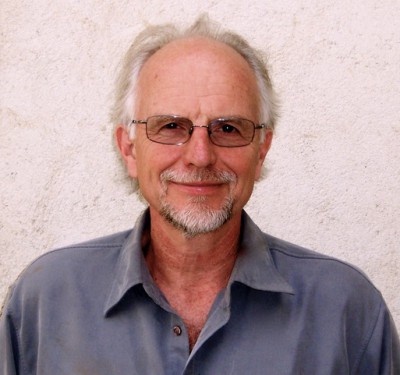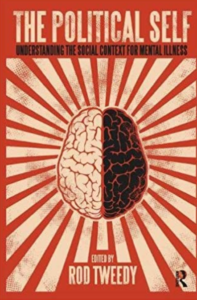
CONVERSATIONS THAT MATTER
PSYCHOLOGY, SOCIETY, POLITICS
2018, December 19th, at 10 AM PT/ 7 PM CET
How psychological factors influence our political life
WITH NICK DUFFELL
The psychologist Nick Duffell was primarily interested in the UK boarding school system and what damaging effects it has for the youngsters. Then he met John Bunzl and his idea of SIMPOL (simultaneous politics) and was fascinated by his approach to the point of co-authoring a book about it. Watch our show with both authors HERE.) Doing politics in the suggested way would revolutionize our systems. So why don’t we use it yet everywhere when it makes so much sense?
Here, as everywhere, psychology can explain why and why not, and also how the change can finally happen. This change of which everybody is theorizing but hardly anybody doing practical and effective steps because nobody seems to know what they, personally, can do to foster it.
Nick Duffel has some insights about all that!

STREAMED HERE on December19th 2018
HEIDI´S INTRO TO THE SHOW
You might believe that politics has nothing to do with Psychology. Most people probably think that their political decisions and even their votes for a determinate party derive from their own free rational thinking. But if you know a little bit about psychology, then you know that this is not true.
Every decision is ultimately done according to our conditioning and our emotions, even when all sorts of seemingly rational reasons for it are loudly proclaimed. This leads to much chaos in human relationships, and when even the president of a big nation is openly following his impulses, without even bothering to find some rational looking explanation, then we are truly in trouble and peaceful living on this planet becomes more and more improbable.
Studies have shown that our personal inclination for political parties and ideas about life in society are closely related to our personality traits. On the other hand, people who actively engage in politics need to have a certain psychological structure to be effective. With other words: politics depends on our psychology, our individual imprinting and the level of personal growth we reach in our lives, as presidents, deputies, local politicians and as voters or non-voters.
Fascinating to explore how deeply our structures in society are connected with the psychology of everyone involved!
ABOUT NICK DUFFELL
Nick Duffell has practised psychotherapy for 30 years and is the author of a number of books. He now calls himself a psychohistorian and is committed to bridging the gap between psychological and political thinking. He is particularly interested in promoting a depth psychology perspective of issues that affect our public life very deeply such as identity and emotions, fear and vulnerability, but about which political commentators currently lack the means to properly to address.
Nick’s recent work includes ‘The Simpol Solution: A New Way to Think about Solving the World’s Biggest Problems’, with John Bunzl (Prometheus, 2018) and ‘Wounded Leaders: British Elitism and the Entitlement Illusion – a Psychohistory’, (Lone Arrow Press, 2014). He contributed ‘Towards Current Affairs through an Emergent Psychology of the Heart’ in ‘Humanistic Psychology: Current Trends, Future Prospects’ (Routledge, 2017) and to ‘The Political Self,’ (Karnac, 2016). He was recently made an Honorary Research Associate at University College London. He lives between London and the wilds of SW France.




